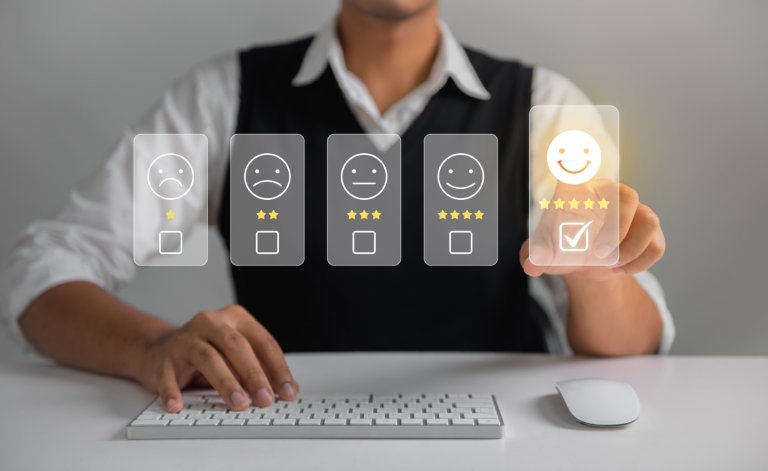In the rapidly evolving landscape of B2C businesses, customer experience (CX) has emerged as a pivotal factor influencing customer loyalty and retention. As organizations strive for exceptional CX, it becomes imperative for CX leaders to adopt innovative strategies that resonate with customer needs. This article explores seven key strategies that every CX leader should implement to elevate their brand's customer experience.

1. Prioritize a Seamless Omnichannel Experience
Customer experience (CX) is not merely a buzzword; it fundamentally defines how customers perceive their interactions with a brand. A successful CX strategy ensures a seamless customer journey across all touchpoints, whether online or offline. Customers expect consistency in communication, service, and brand experience regardless of the platform they engage with. Integrating digital and physical touchpoints enables a fluid, personalized, and efficient experience for customers.
2. Leverage Data-Driven Insights for Personalization
Customer data is a goldmine for CX leaders. By utilizing analytics and customer insights, organizations can tailor their offerings and interactions to match individual customer preferences. AI and machine learning tools help predict behaviors, allowing brands to offer relevant recommendations, personalized marketing, and proactive customer support, ultimately boosting satisfaction and loyalty.

3. Utilize Customer Feedback for Continuous Improvement
Customer feedback is a vital resource for refining and improving customer experience. Actively seeking reviews, surveys, and social media comments helps identify pain points and areas for enhancement. A culture of continuous improvement ensures organizations adapt quickly to changing customer expectations while making informed adjustments to their CX strategies.
4. Enhance Employee Experience to Drive CX Success
A motivated and engaged workforce is crucial for delivering exceptional CX. Employees who feel valued and empowered tend to provide better service, leading to higher customer satisfaction. Organizations should invest in training programs, clear communication, and employee well-being initiatives to build a team that is aligned with CX goals.

5. Implement AI and Automation for Efficiency
Technology plays a key role in elevating customer experience. AI-powered chatbots, automation tools, and predictive analytics streamline operations, reduce response times, and provide instant solutions to customer inquiries. By leveraging automation, businesses can enhance efficiency, minimize errors, and offer round-the-clock support, improving overall customer satisfaction.
6. Build a Customer-Centric Culture Across the Organization
CX is not the sole responsibility of the customer service team—it requires a company-wide commitment. CX leaders should foster a customer-first mindset across all departments, ensuring that every decision, from product development to marketing and sales, prioritizes customer needs. Training employees to understand and embrace customer-centric values leads to a more cohesive and effective CX strategy.
7. Stay Ahead of Emerging CX Trends and Technologies
The CX landscape is constantly evolving with advancements in technology, changing consumer expectations, and new industry trends. CX leaders must stay informed about innovations such as AI, AR/VR experiences, and hyper-personalization to remain competitive. Proactively adapting to these trends helps organizations exceed customer expectations and build long-term loyalty.

Conclusion
By implementing these seven key strategies, B2C CX leaders can create a seamless and engaging customer journey that drives loyalty and revenue growth. Leveraging the right tools and technologies is crucial in this transformation. Platforms like SpeedX and Smart Commerce from SAI Digital offer innovative solutions to help businesses enhance their CX strategy and maximize sales revenue. Stay ahead in the competitive market by adopting data-driven, customer-centric approaches today.

